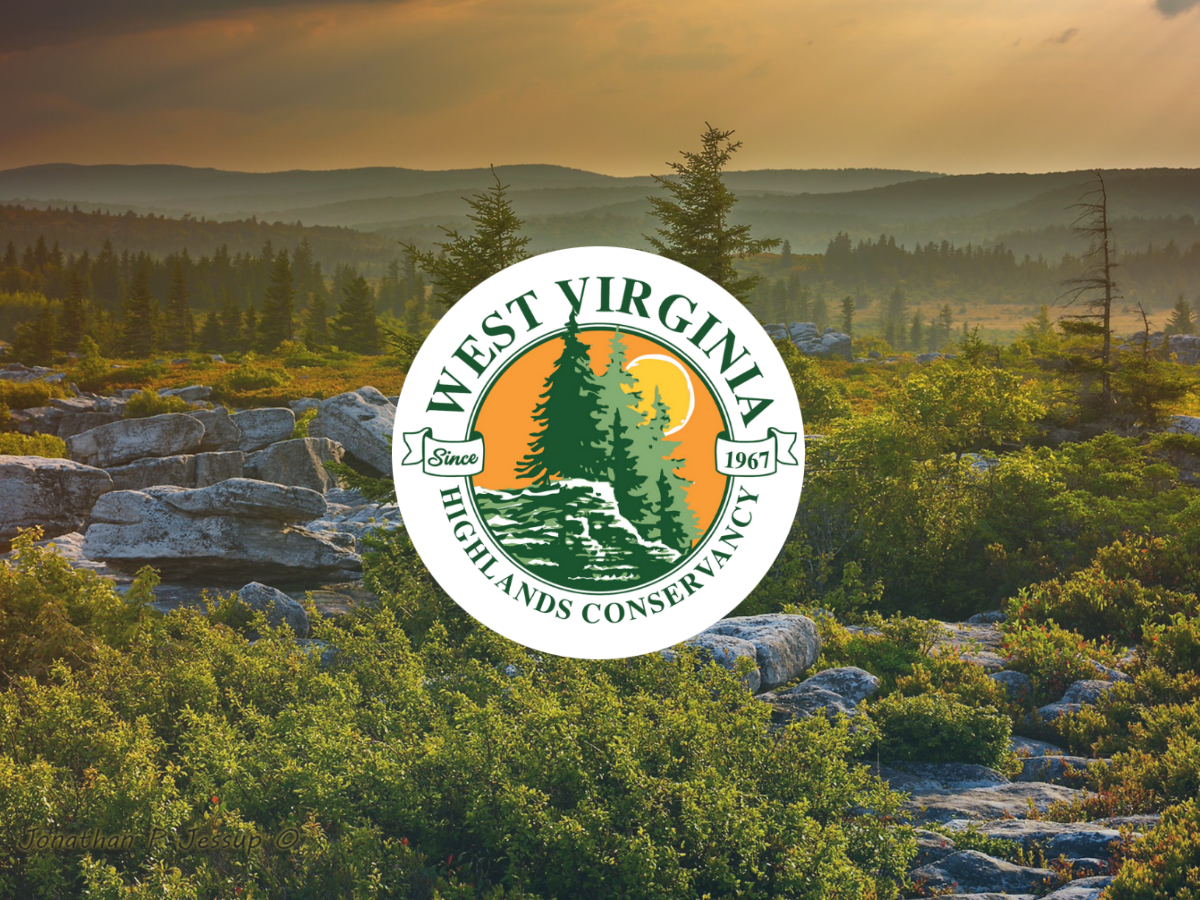The WVHC Legislative Committee will closely follow all bills as they are introduced in the January 2023 regular legislative session to understand their impact on West Virginia public lands. The session will kick off the second week of January and will continue for 60 days. In a typical year there will be thousands of bills introduced and sifting through them for public land implications is critical. In previous years, bills have been introduced focusing on Off-Road Vehicle use, changes to State Parks, timbering and other relevant issues.
As we approach the legislative session at the start of the new year, the Conservancy will be reporting on each of the following priorities in greater detail.
Community Solar
Community solar is an idea that continues to gain traction across the country. It refers to locally installed solar facilities that are shared by multiple community subscribers. This provides equal access to the economic and environmental benefits of solar energy, regardless of the physical attributes of a home, or home ownership. In 2022, House Bill 4561, ‘Establishing a community solar program for subscribers to gain credits against their utility bills,’ was introduced by Delegates Hansen and Young to start the discussion on community solar in WV. It faces an uphill battle against the entrenched coal-based power industry, and the coal-focused Public Service Commission.
Orphaned Well Prevention
There are estimated to be over 6,500 orphaned wells across the state of WV. These wells were left behind by the oil and gas industry, leaving taxpayers responsible for the costs to plug them. On average, plugging a single well costs a whopping $55K. These orphaned wells pose a major threat to landowners’ property rights, to the environment and to the communities in which they are located. These wells continue to leak methane gas and toxic liquids, polluting the air and water. In 2022, House Bill 4054, ‘Orphan Oil and Gas Well Prevention Act,’ was introduced by Delegates Hansen and Young to require new well operators to set up an escrow fund to cover the costs of eventual plugging of the well. This bill faces enormous pushback from the oil and gas industry.
Above Ground Storage Tanks
Bills to relax standards of above ground storage tanks have been introduced in the past two years. In 2022, House Bill 2598, ‘Modifying the inspection requirements and the definition of an above ground storage tank,’ was introduced by Delegate Kelly with broad support. This version would have relaxed inspection requirements on oil and gas tanks located within zones of critical concern, which are five hours or less upstream of drinking water intakes. The tanks are used by the oil and gas industry to catch and store fluids used in drilling and production. The fluid is composed of a range of hydrocarbons and a brine that contains a mixture of toxic materials. Kelly’s bill would have gotten rid of the requirement that a certified professional engineer inspect and certify tanks and would have changed the requirement of secondary containment inspections from 14 days to 30. With strong public opposition, the bill has been defeated, but is expected to arise again in 2023. It is strongly supported by the oil and gas industry.
Safe Drinking Water/PFAS
Per- and polyfluoroalkyl substances (PFAS) are a group of man-made chemicals that do not exist naturally in the environment; about 600 are used in the United States. They are considered forever chemicals because they do not break down under natural environmental conditions. PFAS have been used in consumer product manufacturing since the 1950’s for their non-stick and water-resistant properties. In July 2022, WV released a study of PFAS in the state’s pre-treated source water. The state tested water supplies for up to 28 types of PFAS and at least one type of PFAS was detected at 67 locations. For more information, visit wvrivers.org/pfas
In 2022, House Bill 4055, ‘Clean Drinking Water Act,’ was introduced by Delegates Hansen, Doyle and Young. The bill would compel the state to deal with this pervasive threat – propose maximum contaminant levels or treatment techniques for certain PFAS pollutants; create the West Virginia PFAS Action Response Team; require reports from facilities using certain PFAS chemicals; propose updates to human health criteria; and to promulgate legislative rules.

